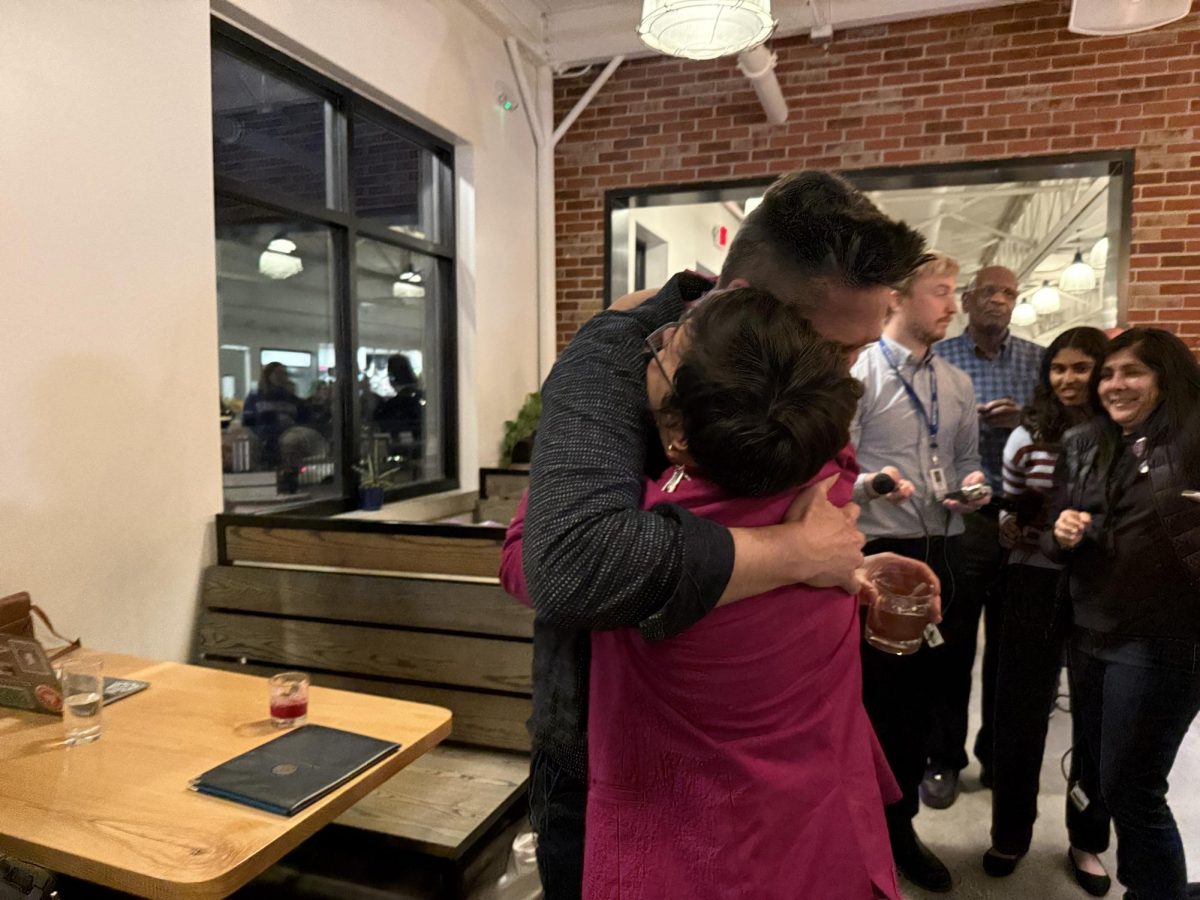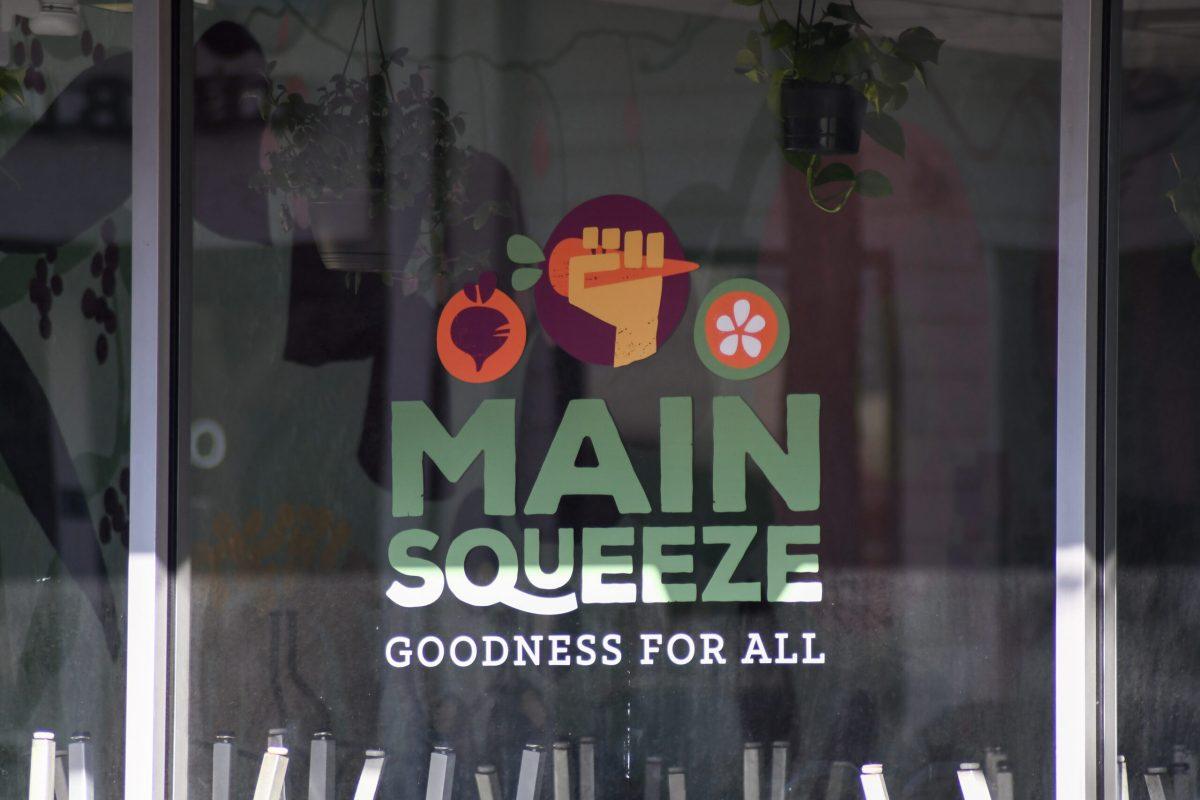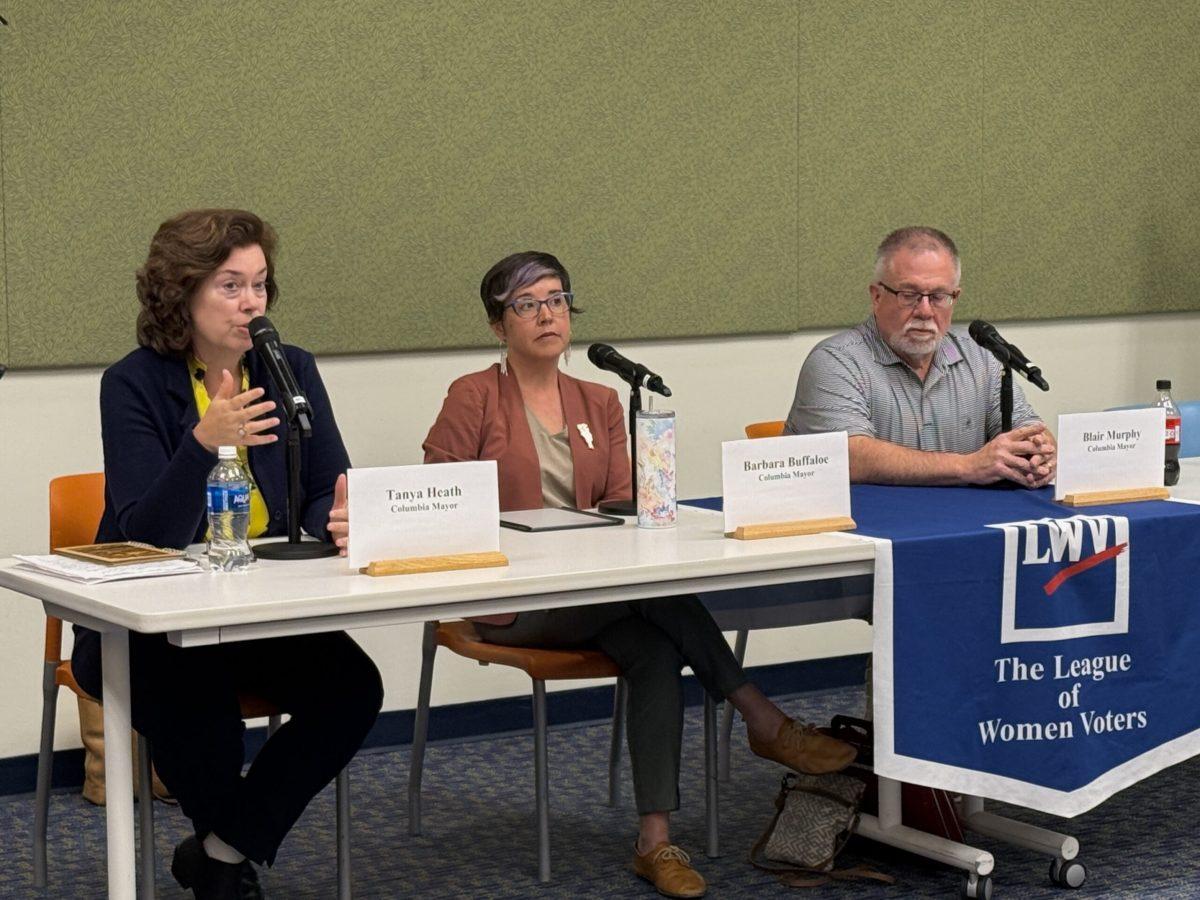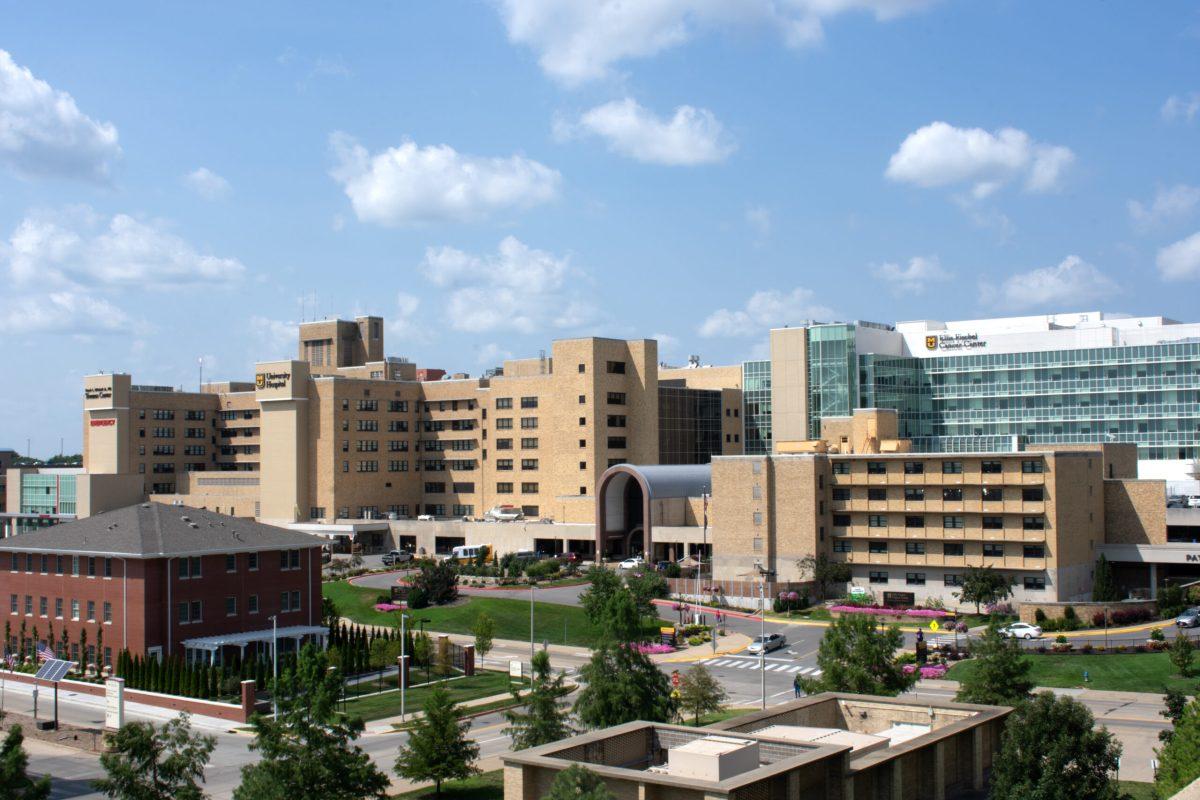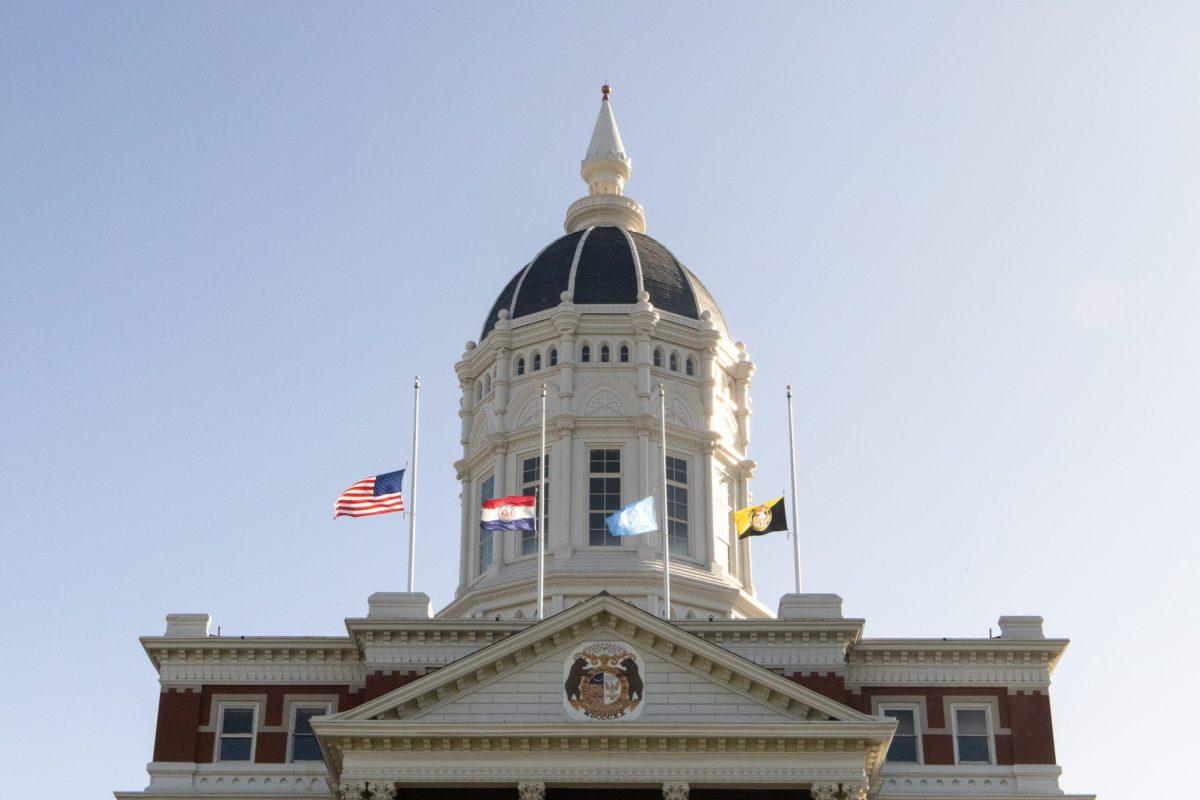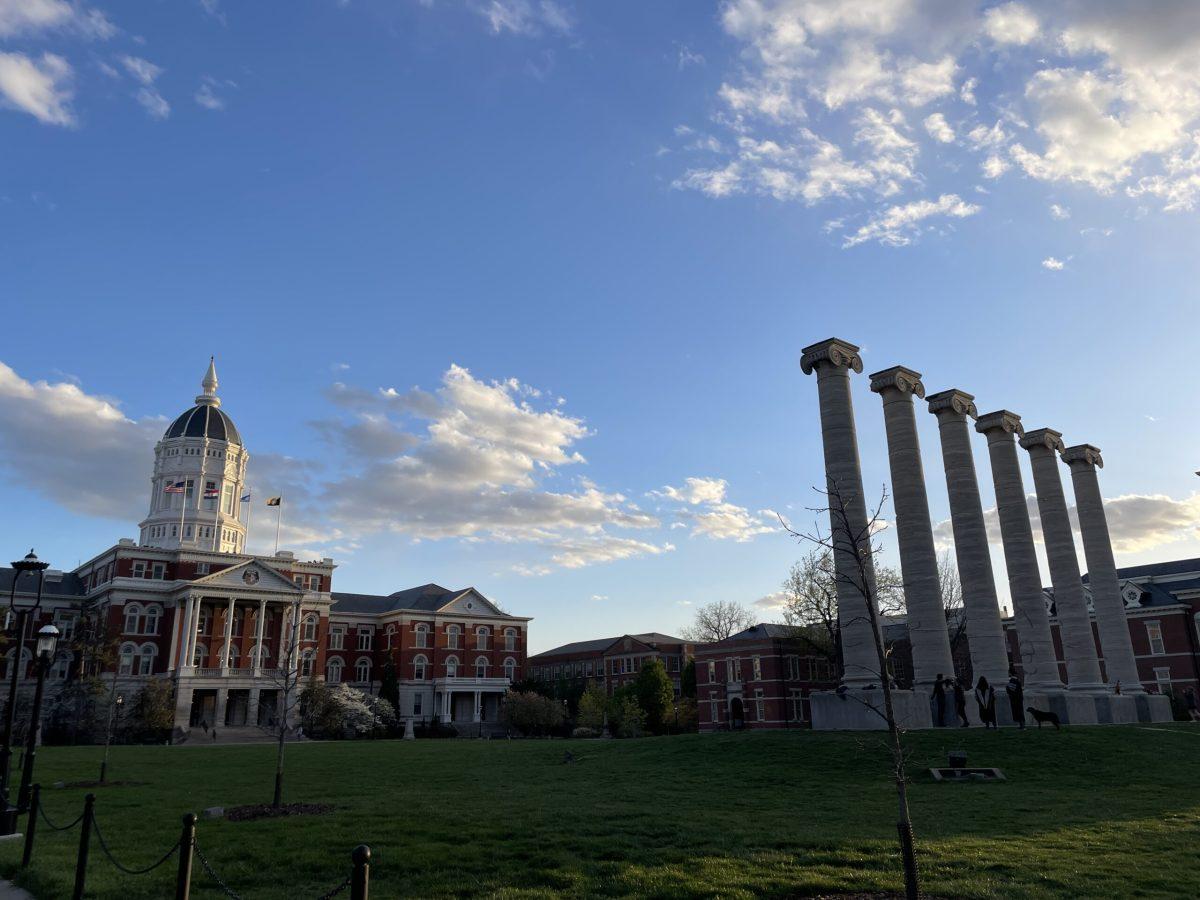MU’s Division of Inclusion, Diversity and Equity hosted multiple events to celebrate the inaugural Disability Culture Month and the 30th anniversary of the signing of the Americans with Disabilities Act (ADA). The celebration included several discussion panels, a documentary review, the Student Accessibility Walk, the Lee Henson awards and the State of Accessibility Address.
Disability Culture Month was created to highlight the many ways in which MU celebrates all types of people and abilities. In addition, the events were meant to educate participants on the accessibility status of MU and what can be improved around campus according to the Inclusion, Diversity and Equity website.
Amber Cheek, ADA coordinator and director of Accessibility, in collaboration with Ashley Brickley, the director of the Disability Center, said that it was time to expand the Celebrate Ability Week to a month-long celebration in commemoration of the 30th anniversary of the ADA
“We felt like with the 30th anniversary of the ADA, now is the time to raise the platform,” Cheek said. “We are really unique as an institution in our history around disability inclusion and the thriving nature of our disability community here.”
Passed in 1990, the ADA civil rights law “prohibits discrimination against individuals with disabilities in all areas of public life, including jobs, schools, transportation, and all public and private places that are open to the general public,” according to the ADA National Network website.
Changes were made around the MU campus even before the passing of ADA. According to the Division of Inclusion, Diversity and Equity, Mizzou was one of the first campuses nationwide to add accessibility features in the early 1960s. Further improvements were made in the 1990s when MU committed several million dollars worth of funding for upgrades which included widened sidewalks, curb cuts, wayfinding signage and single-stall all-gender restrooms.
“Mizzou was really progressive for the time, but the ADA really formalized that disability rights are human rights,” Cheek said. “Accessibility is the chocolate in chocolate chip cookies — accessibility makes everything better. The ADA said not only that you should be doing this but that you need to bake this into everything that you do.”
In addition to free movies and documentaries provided by the university libraries, there were many live virtual events. Such events included the Disability Culture Month Panel on Sept. 15, a presentation on life changing assistive technology on Sept. 16, the Student Accessibility Walk on Sept. 29 and the Lee Henson Awards Ceremony on Sept. 30.
MU students and faculty were able to participate in a book club-style discussion on the groundbreaking documentary “Crip Camp: A Disability Revolution” on Sept. 16. The documentary interviews disability rights activists, including Judy Heumann and James Lebrecht, who explained how a summer camp they stayed at every year called Camp Jened inspired them to bring awareness of people with disabilities.
Participants discussed the diversity of the disability community, the intersectionality of disabled people and the exploratory freedom that a place like Camp Jened offers. The documentary is available on Netflix and free on Youtube.
The Student Accessibility Walk, hosted by the Mizzou Disability Coalition on Sept. 29, looked different than in years past, but the spirit of the event was still there.
“Normally it’s an in-person event where we are actually walking around campus showing off things that are accessible and things that are not as accessible,” said Cheek. “They converted it to digital very well.”
The sixth annual Lee Henson Award ceremony and fifth annual State of Accessibility address closed out the month of events, on Sept. 30. The award was created in honor of late MU ADA coordinator, Lee Henson, and “honors champions of disability and accessibility on campus” according to MU Engage. The recipients of the award include Jessica Gordon, Julie Elman, Sherri Ulbrich, Campus Facilities Design Services, Ryleigh Murray and Samantha Norman.
Graduate student recipient Ryleigh Murray said accepting the award was gratifying.
“It was very exciting in the sense that, even if you think that what you are doing is going unnoticed — it’s not,” said Murray. “If you keep after something that you absolutely love and are passionate about, you’re going to be rewarded for your success.”
Murray recently interned with the Office of Accessibility and ADA and is currently serving on the Chancellor’s Committee for People with Disabilities. Murray is pursuing a masters in Public Affairs with a focus in education and disability policy.
“When I was a preteen, I was diagnosed with Crohn’s Disease,” said Murray. “With having a chronic health condition — having a hidden disability — I started actually taking disability as a prideful word within what I want to do.”
Murray said she wants to use her experience with Crohn’s Disease and her time at MU to help improve the lives of people with disabilities.
“I decided to take that as a stepping stone or a platform to then build upon and impact students just like myself for the better within higher education,” said Murray.
While MU has made strides in making campus more accessible for people with disabilities, Murray said more can be done to make student life inclusive.
“It would be fantastic to have our own social justice center,” said Murray. “I think it would be really awesome to have our own little area that is accessible, that abilities of all spectrums can be in there — from hearing impairment to Autism and neuro-diversity — just having our own space would be awesome.”
Cheek said she will focus on extending digital accessibility at MU this year.
“Every year we should be making big improvements to accessibility,” said Cheek. “Ensuring that there is captioning on videos we create, ensuring accessibility of our websites and our platforms to people who have disabilities that require them to use assistive technology is going to be one of my major focuses.”
_Edited by Lucy Caile | lcaile@themaneater.com_

